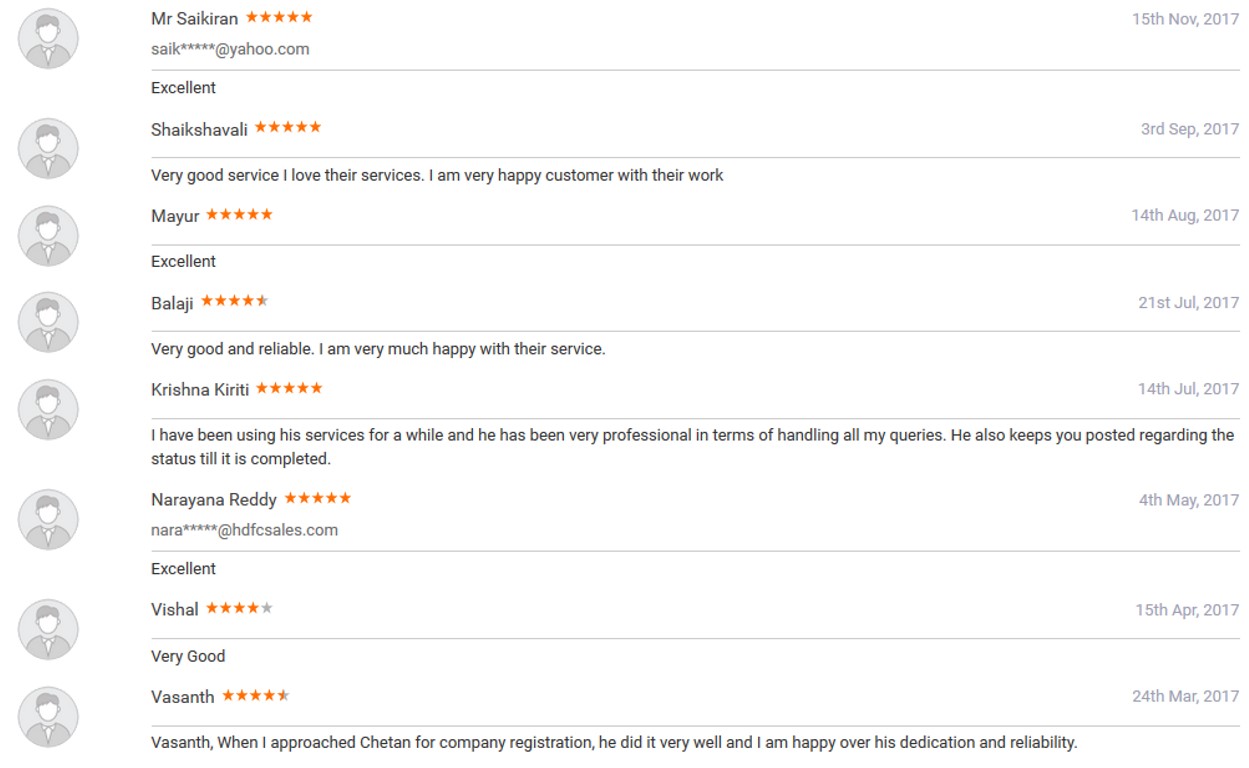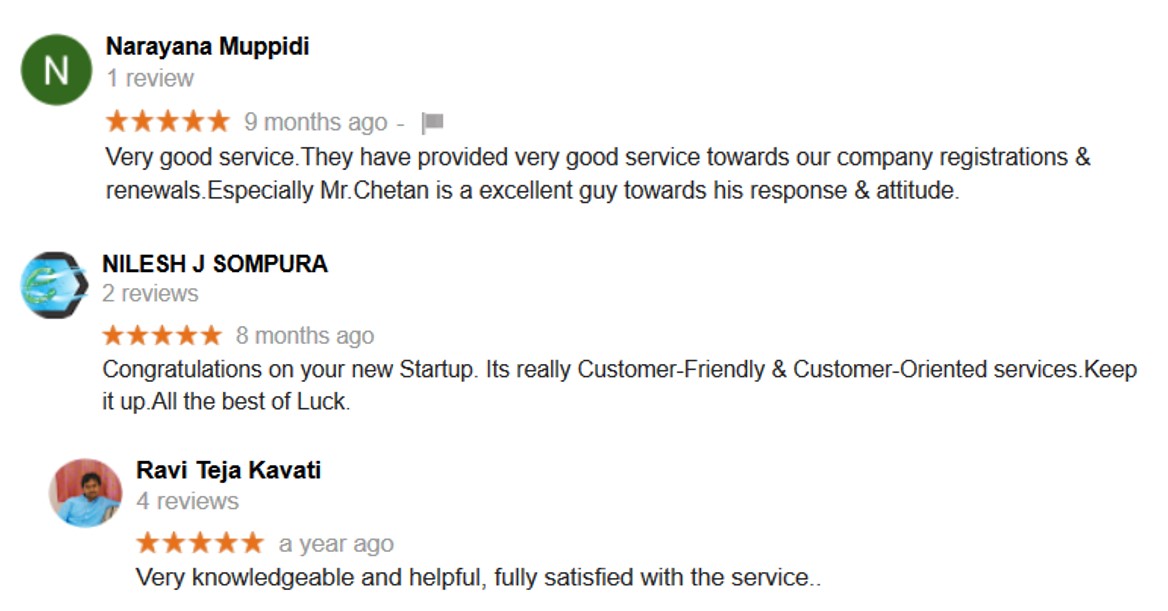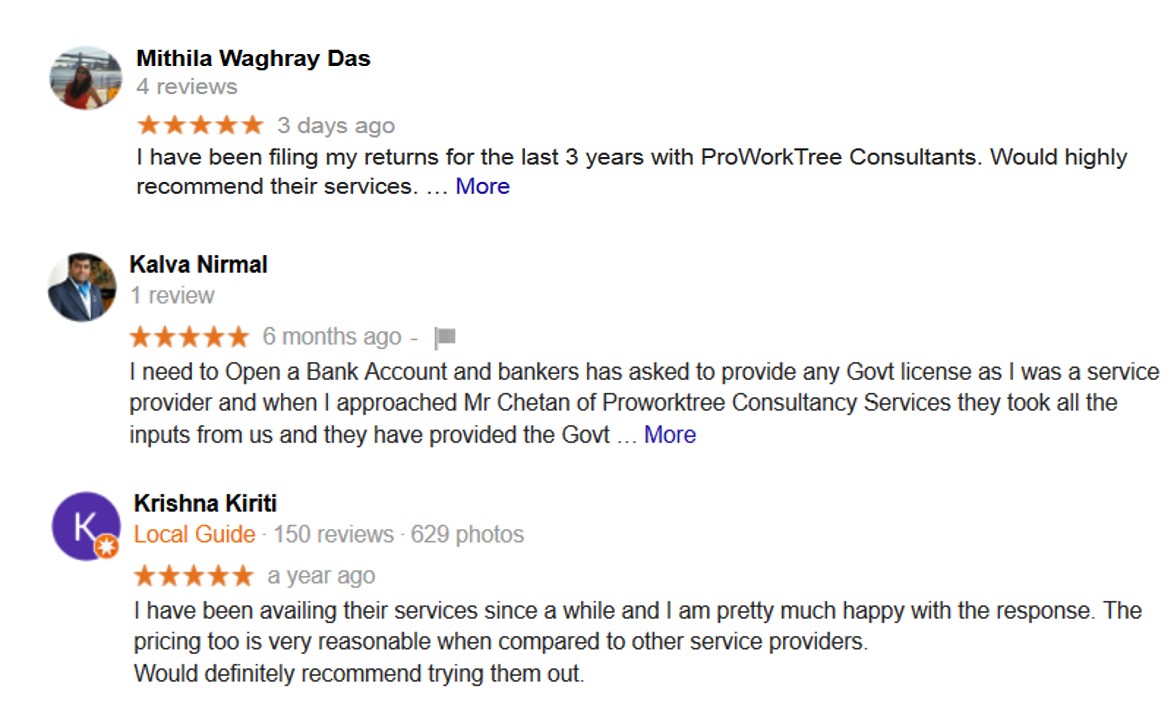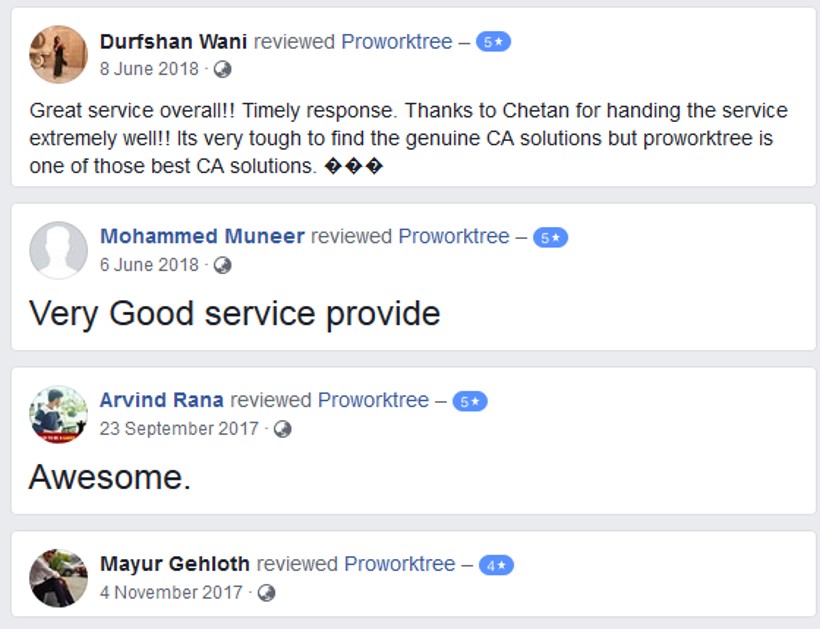Safety Concerns for Food Imported in India
Introduction
Food is the most essential and ultimate necessity for everyone. As a result, it is essential to recognize the importance of food and maintain its quality. Food Imported in India is required to be passed through food safety standards. Various government organizations have set upon stringent laws in order to make certain, that the food we consume is non-toxic and nourishing. In the year 2006, The Food Safety and Standards Bill were sanctioned. The rules of the Act were brought into effect from 5th of August, 2011.
What is the FSS Act?
Corporate Companies are liable to follow certain rules and regulations of the new FSS Act.
- The Food dealers that are hired by corporations should be registered under the new FSS Act. In case of vendors who are likely to maneuver in a single state, wherein they need to be registered with the FDA of that particular State. However, vendors are required to register with the Central Food Safety Authority when they are actively functioning in more than one State.
- When Corporate Canteens allow cooking or manufacturing of food items in it, food license registration is mandatory for those Corporate Canteens.
- It is mandatory for any food manufacturer to prepare a Food Safety Management System Plan. The main agenda for this is to supervise the process of manufacture and determine the quality of the product. In addition, it is necessary to make an annual inspection of this plan along with its execution.
- It is necessary for all the food mechanized units to get a Potability test, which refers to the testing of the water. In order to guarantee that the water utilized for cooking purpose is potable, this test is obligatory.
- An Internal Auditor is responsible to prepare frequent Audit Reports. However, monthly reports are prepared by a Food Safety Auditor. Additionally, it also demands a monthly preparation of food, water, and other safety-related In case any errors are spotted, the steps taken for rectification should also be documented. In conclusion, a complete documentation report should be prepared to be on the good side of the legal system.
Food Safety and Standards Authority of India
Presently, the main concern is to maintain the safety of the food imported. As a result, the Food Safety and Standards Authority of India teamed up with the Custom and Excise Department. Together they have prepared 125 places dedicated to imports and clearances in India. This step was necessary to ensure the safety of the food industry holders while Food Imported in India. In addition, special grade custom officers are prearranged by the FSSAI at these 125 places for this purpose. They are referred as Authorized Officials. These officers are given the responsibility to check and supervise samples of Food Imported in India. Furthermore, they will ensure that these products are checked by labs and results are reviewed accordingly. This is done to check the safety of the products before importing it into the country.
What do we mean by FSSAI?
The Food Safety and Standards Association of India or FSSAI was recognized in 2008 and is a unit under the FSS Act, 2006. This body was set up to investigate and scrutinize the food safety and guidelines in India. The organization under which FSSAI was built is Ministry of Health and Family Affairs. The main agenda of FSSAI is to up hold the importance of safety and public health, by means of proper supervision of food security. FSSAI is headquartered in New Delhi. Additionally, there are regional offices in Chennai, Guwahati, Kolkata, Cochin, and Mumbai as well. A non-executive chair person not below the rank of the Secretary to the Government of India is appointed by the Central Government for this purpose.
Why is a FSSAI License needed?
FSSAI or The Food Safety and Standards Authority of India are composed with the help of the Ministry of Health & Family Welfare. The authority is responsible to supervise the proper implementation of FSS Act. This Act is implemented in various food business endeavors. Under this Act, all food manufacturing units may function from one contact. FSSAI ensures that the food manufacturers follow all lay upon rules and regulations while operating. FSSAI has dictated the procedures applicable for all food operators in order to obtain a food license. The license or registration can be categorized into three types. On the basis of business category & income, FBO suggests the suitable license type. All businesses which have an annual income below Rs. 12, 00,000 require a registration. A state license is mandatory for businesses with an annual income ranging from Rs. 12 Lakh to Rs. 20 Crore. A Central License is needed for manufacturers whose annual business turnover exceeds Rs. 20 Crore. FSSAI Act is best owned upon the responsibility to check upon the offenses committed and decides upon the penalties for committing those offenses. Developing countries or developed countries such as US, UK, Africa and so one have provided safety officials with 125 imperative aspects to carry safety operations at a number of listed centers. The FSSAI has initiated a new initiative known as the Risk-Based Import Clearance System. This will undoubtedly provide a more convenient way for analyzing the samples of imported food. Furthermore, the FSSAI also has experienced many uncertainties against this risk-based system in the year 2015. The Finance Ministry was answered by the FSSAI in the following manner “By discussing above, it clearly states that in 47 (5) section FSSAI license doesn’t hold the power to make changes in the risk-based systems.” As a result, the FSSAI has decided to launch new requirements which will be added to the food import regulations.
In conclusion, FSSAI mentioned 21 important points dedicated to organize and uphold the technical custom officials. In addition, there will be one-time online clearance likelihood at a few places, which will supervise all other places over India. Ninety percent of food imports are from two ports namely, Mumbai and Chennai. Thus, “Safety concerns for food imported in India”, is quite an important article for people functioning in the food industry.
Did you like this article? Let us know how the article was by commenting below. Don’t forget to share it with your friends & Family! You can also like us on Facebook and follow us on Twitter to stay updated! If you need any Startup Business Registration and Taxation help, please visit us at Proworktree.com











 Corporate Entity Registration
Corporate Entity Registration




0 comments have been posted.